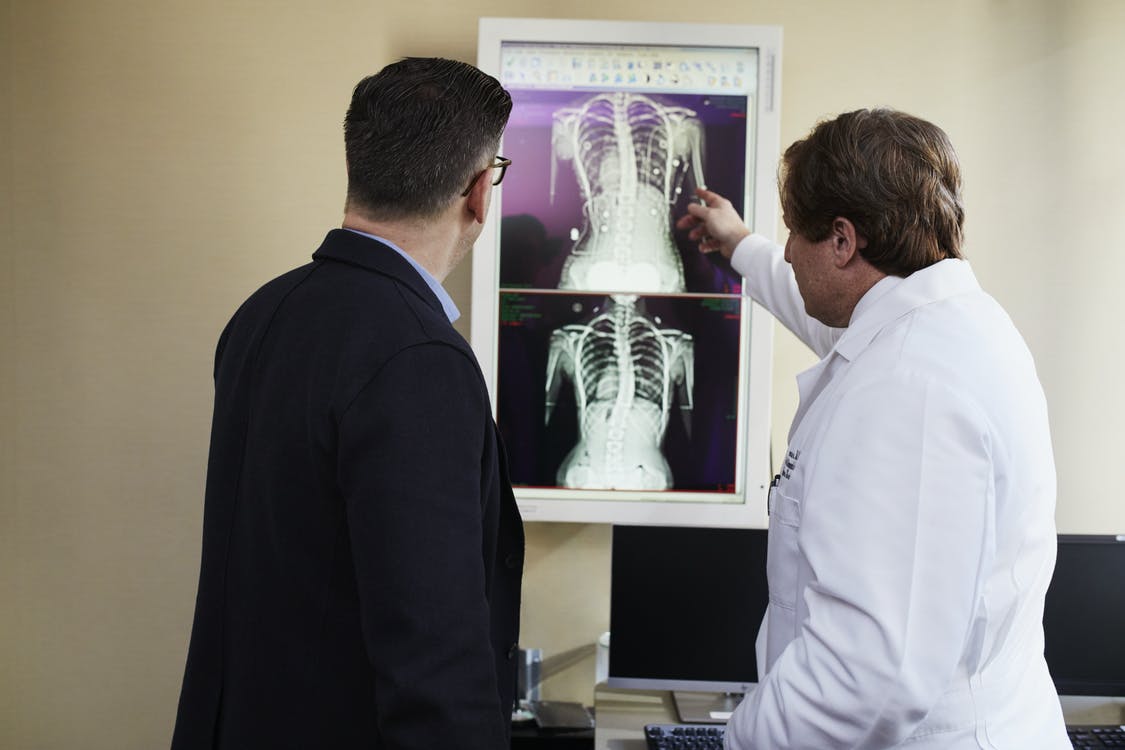Many of us get to a stage in our lives when we want to reassess our relationship with alcohol. That might be after one boozy night out, or it might be the result of prolonged usage, where a loved one has reached out and stated their concern about your drinking.
Alcohol addiction is incredibly common in society these days, and more and more of us are struggling. Getting help to quit the booze and enjoy a new, healthier sober lifestyle is a must and the starting point of that is support from alcohol withdrawal specialists.
Detox or withdrawal from alcohol gets all the booze out of your system and provides you with that blank canvas to go into treatment and therapy to address the underlying issues and find healthier coping mechanisms.
However, detox can be a difficult process, and you’ll be well aware of “withdrawal symptoms”. But what are they, and what are the main symptoms to be aware of?
Table of Contents
Anxiety and Restlessness
One of the earliest symptoms you’ll likely experience is heightened anxiety. As the booze leaves the system, the brain will go into overdrive as the sedative effects its used to start to wear off.
This can leave you feeling restless, irritable and on edge, while others can even experience panic attacks. This can pass after a few days, but they should be taken seriously, so seek help if you need it.
Sweating and Shaking
Among the more physical symptoms are sweating, trembling and rapid heartbeats. These are all signs that the body is struggling to readjust to no alcohol. It can be a really uncomfortable feeling but will pass after a few days.
In some cases, there may be more serious complications, so do monitor the severity. Staying hydrated, resting and staying cool can help with the discomfort, but do seek medical advice if symptoms worsen.
Insomnia and Disturbed Sleep
Alcohol has a huge impact on our sleep and that’s also the case when giving it up and withdrawing too. Booze interferes with restorative sleep and once you stop the body needs time to restore its natural sleeping patterns.
This can lead to bouts of insomnia, waking up during the night or even unsettling dreams. You will find that sleep improves after a few weeks, though and the sleep you then get is far better than what you’d had when under the influence.
Nausea and Digestive Upset
The digestive system also reacts strongly to alcohol withdrawal. Nausea, vomiting, diarrhoea, or abdominal cramps are common in the early stages. These symptoms contribute to dehydration and fatigue, making it all the more important to maintain fluid intake and eat light, balanced meals if possible. While unpleasant, these issues usually resolve as the body detoxifies.
If vomiting is severe or persistent, however, professional care may be needed to prevent complications.
Delirium Tremens (DTs)
In the most severe cases, withdrawal can progress to a life-threatening condition known as delirium tremens. This typically occurs in people who have been drinking heavily for many years and may begin two to three days after stopping. Symptoms include extreme confusion, agitation, hallucinations, fever, and seizures.
DTs require urgent medical attention, as they can be fatal without treatment. Although relatively rare, awareness is vital: anyone at risk should never attempt to quit drinking suddenly without medical supervision.
Cravings
Finally, and one to keep an eye on, is that you will experience cravings. You will want to drink and that will often strike during your lowest points. They can persist long after the initial withdrawal phase and can be a major risk factor in relapse.
Developing strategies and seeking out expertise can help you manage cravings, see out withdrawal and start to rebuild your life again.




